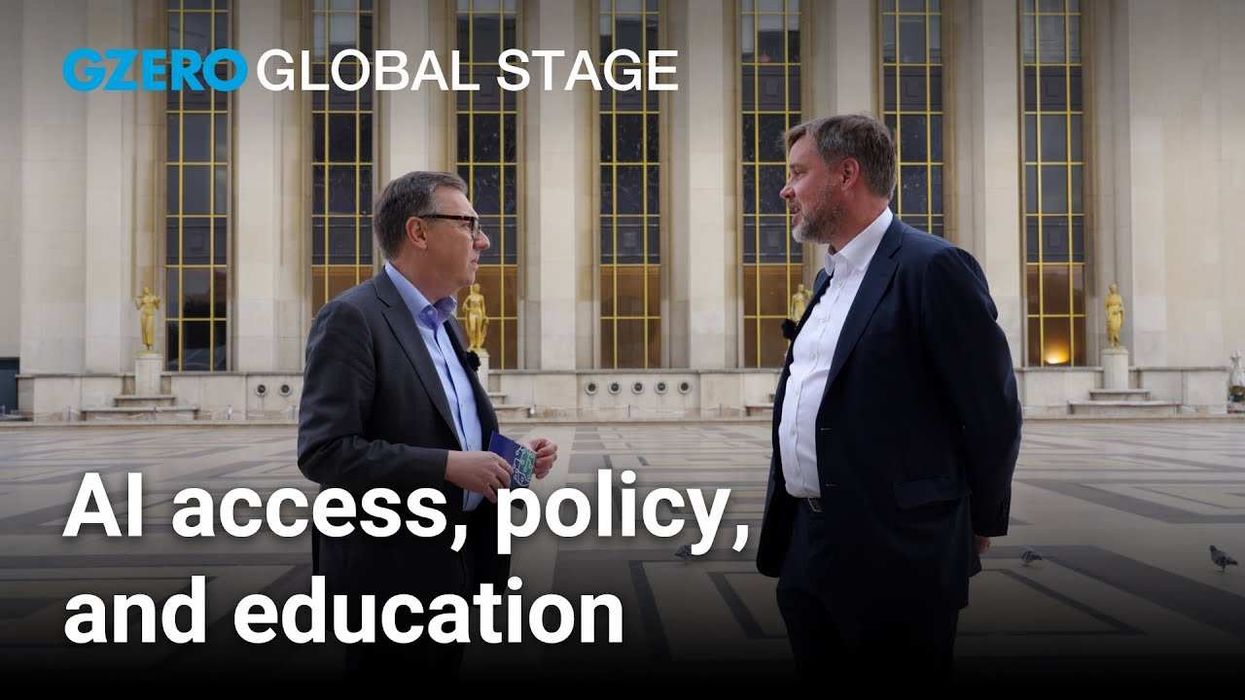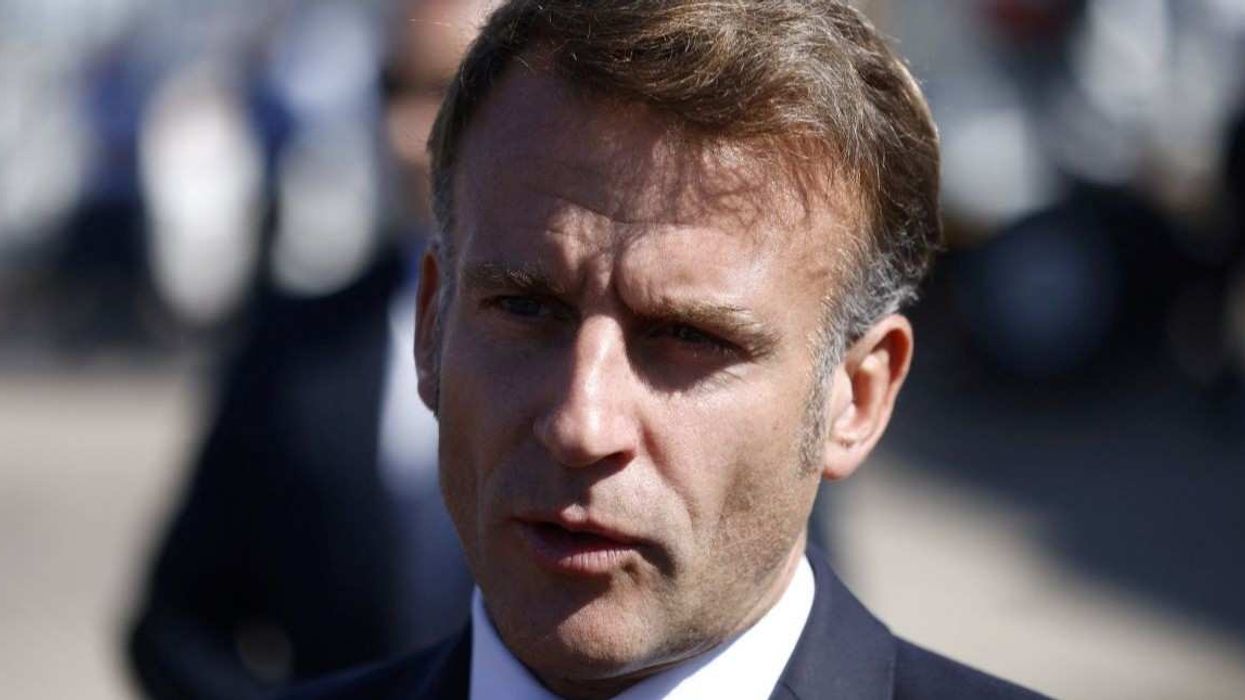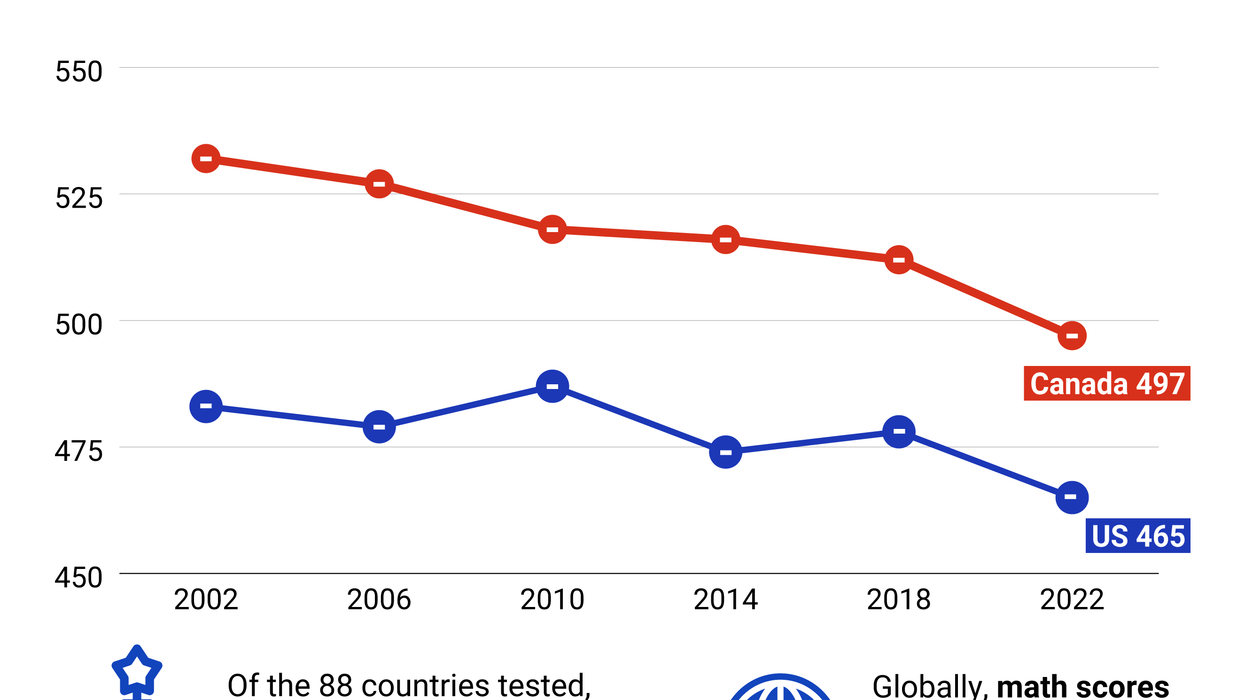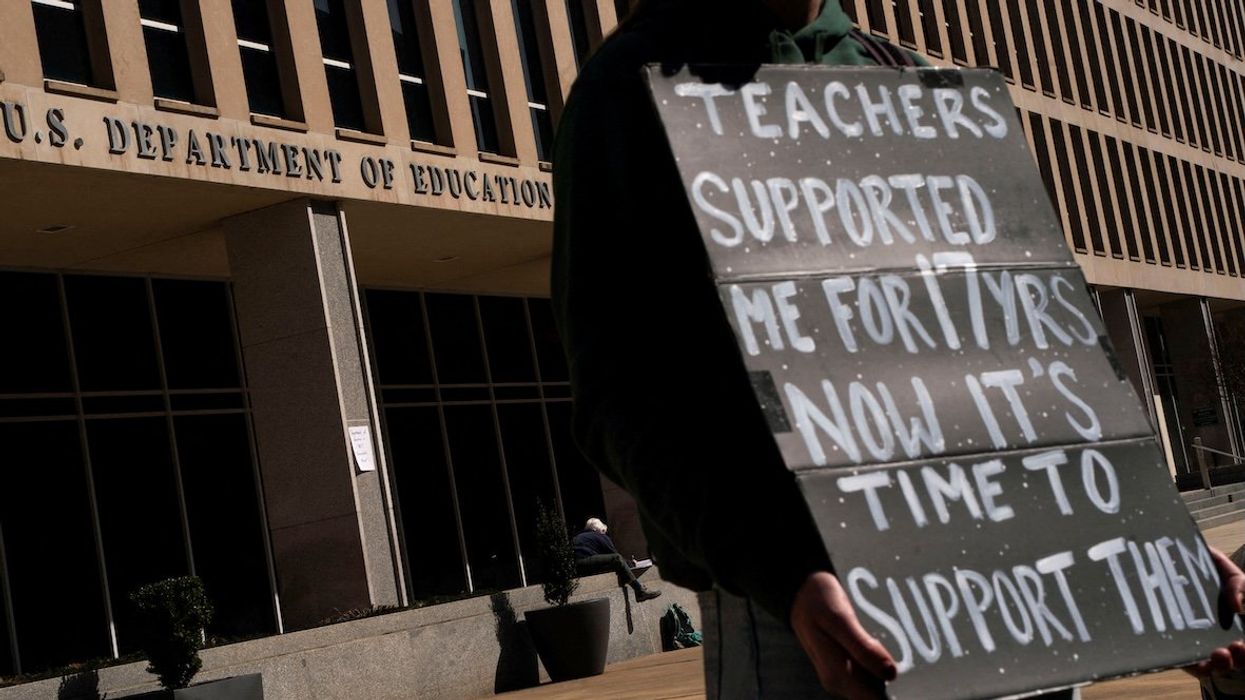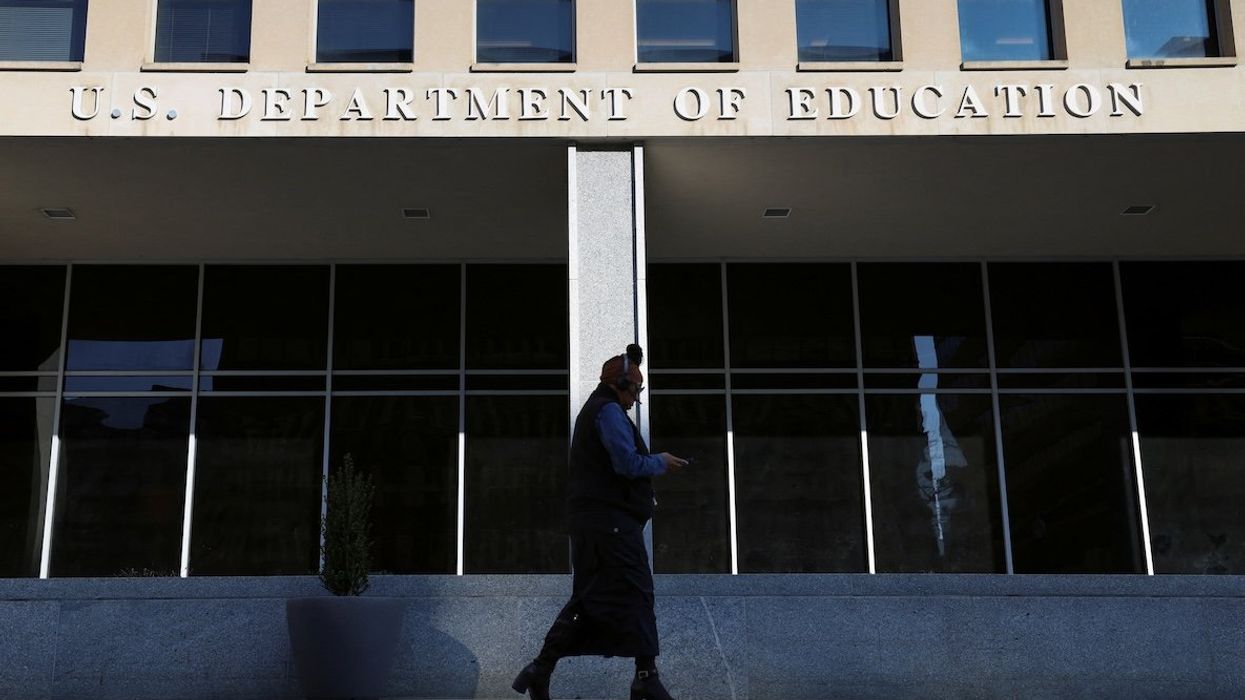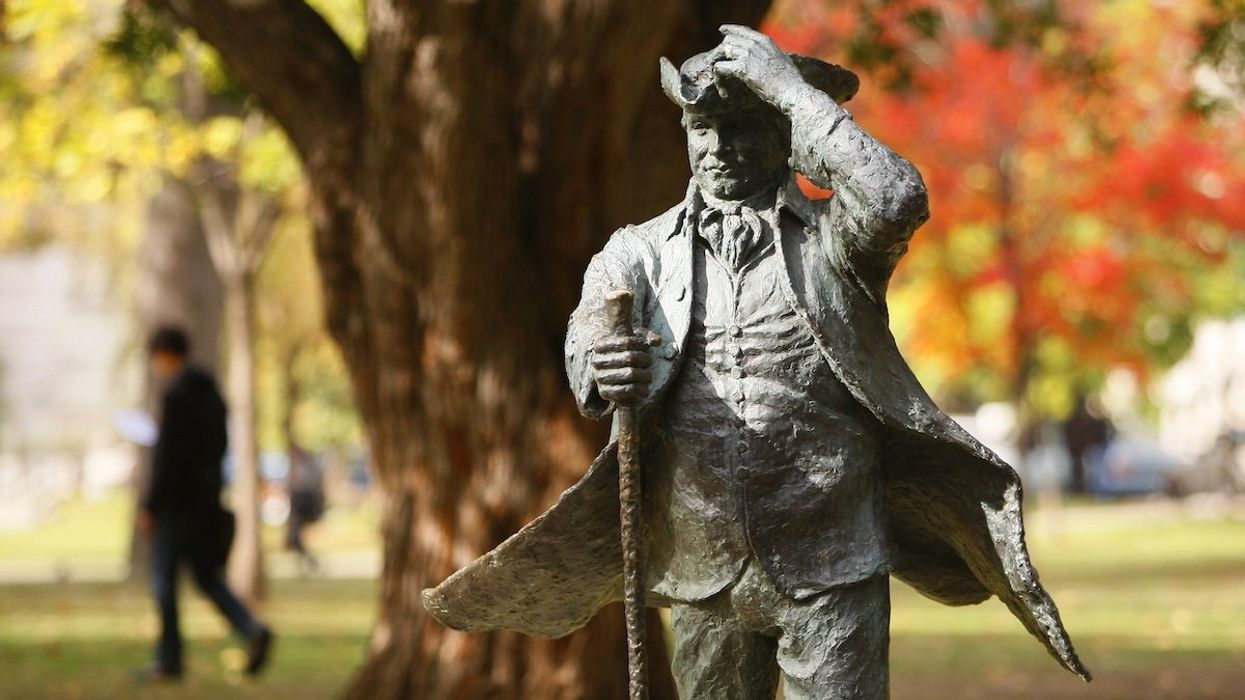Paris Peace Forum
AI access, policy, and education
As AI adoption accelerates globally, questions of equity and access are coming to the forefront. Speaking with GZERO’s Tony Maciulis on the sidelines of the 2025 Paris Peace Forum, Chris Sharrock, Vice President of UN Affairs and International Organizations at Microsoft, discusses the role of technology in addressing global challenges.
Oct 30, 2025
